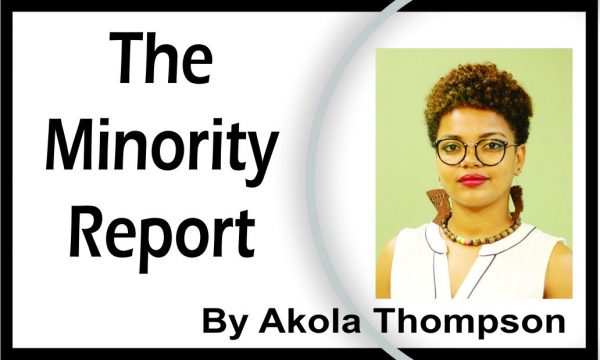
There is the common trope that many developing countries are poor due to internal power struggles and mismanagement. Bad politics and corruption definitely do have a role to play, but truly, countries in the Global South are still recovering from the past and present day impacts of colonialism and its insidious neo form. We are currently at a stage wherein the dynamic of the “White man’s burden,” continues to be played out within the development industry with the same self-serving intent and harmful impact that existed in 1492.
The reality is that the aid/development industry is worth billions of dollars. Put simply, the poverty, the infrastructure or lack thereof and unhygienic conditions often found across the region helps to oil the PR machines of International Non-Governmental Organizations (INGOs) looking to save the natives, whilst simultaneously profiting off them. There is a certain performative allyship that has been perfected by many INGOs and there needs to be more honesty in the ways that they engage. Whenever criticisms of their structures and its harm comes up, there is often a knee jerk reaction to shift blame and/or abandon their efforts altogether. If the goal is not to serve and contribute towards healthy and sustainable development for the countries you have staged a presence in, what then is the point?
Capital drives all and it is not surprising the way in which international countries continue to commoditize and profit off of Black and Brown suffering. After all, this commoditization was the genesis of modern day society, as we know it. The images and stories many of these INGOs take back help to perpetuate long-set images of who needs help and who are the ones doing the helping.
Working within the development sector, I have seen firsthand the ways in which poverty porn is utilized. Those who are vulnerable often have no choice but to agree to their images, stories and that of their children being documented and shared. There is rarely any ethical strategy used by INGOs for their fundraising campaigns. People are frequently positioned as being powerless victims awaiting the rescue of a Good Samaritan. This has contributed towards the long maintained practice of things such as mission trips otherwise known as volunteer tourism or voluntourism.
Many persons within the Global North often dream of travelling to countries in Africa, South America and Asia. They want to contribute their efforts towards ending poverty and violence but inexperience and enthusiasm are amongst the only credentials of many that come to these shores. They rarely ever examine the amount of harm that they can do to local communities. Even more rarely too do they examine the ways in which their own countries are extremely impoverished and oppressive to its minoritized populations.
Many travel to these countries to build schools, raise funds, design projects and go back to their countries blissfully unaware of how little they did to change lives that were not their own. Too often, it is not about contributing towards justice or empowerment, but rather about compiling emotional experiences that validate their privileges. This is why so many swoop in, neglect to listen to the voices of local leaders and then return to their homes to host sessions about how much of an enlightening and life changing experience it was to see how some people live. Truly makes them appreciative for the lives they lead. It is not that people cannot do good in countries that are not their own. We do however have to critique the contextual nature of these intentions and the unhelpful and dangerous results they can often produce.
There is a longstanding power imbalance between the Global North and South that needs to be addressed from a place of honesty by those who benefit the most from the way things remain. Colonialism is as much present as it is past and the Global North’s charity work cannot be removed from the centuries of predatory European and American imperialism that many of us are still recovering from.





